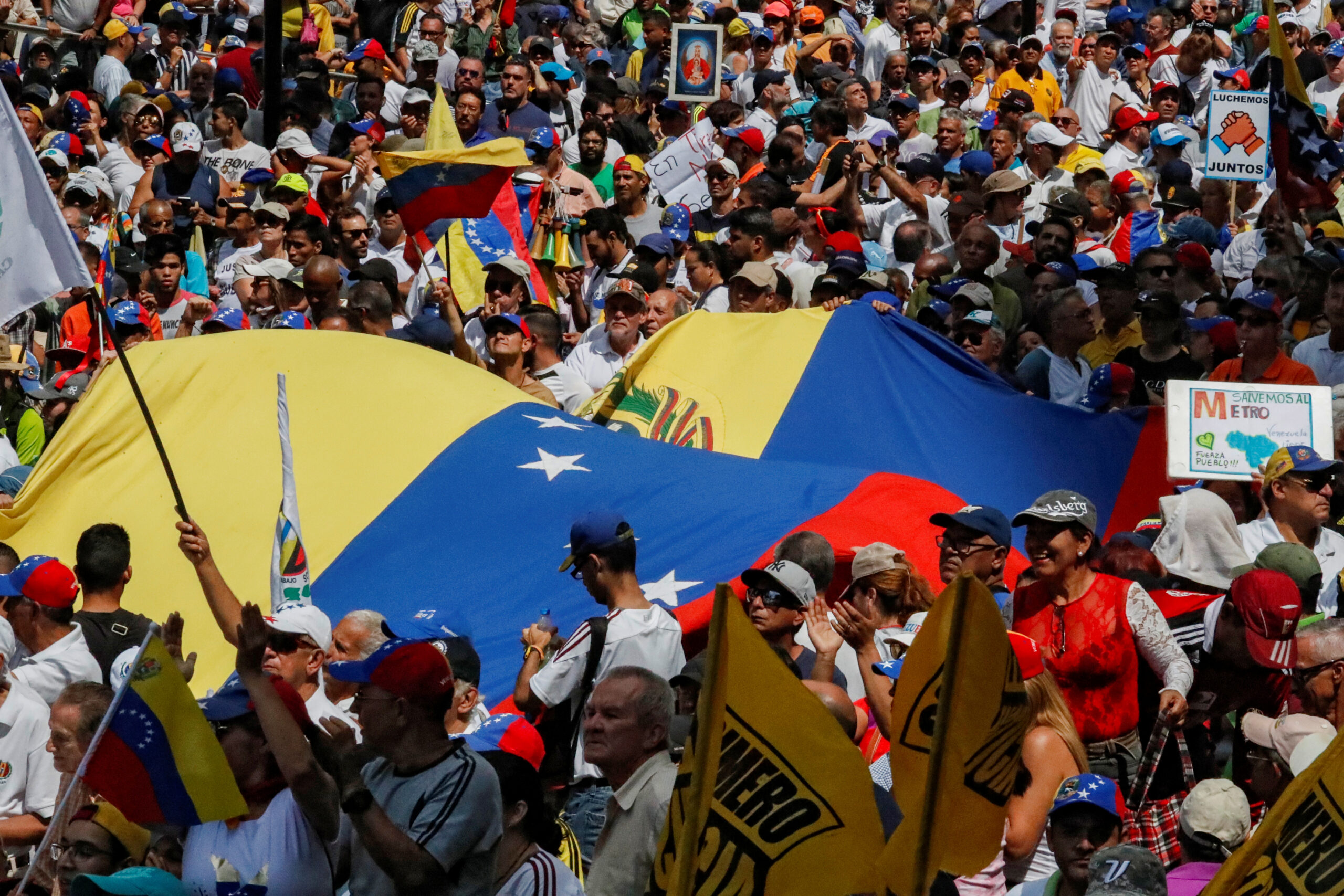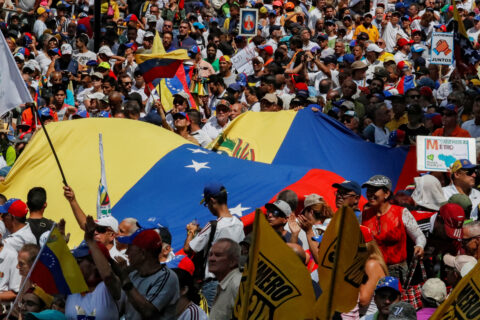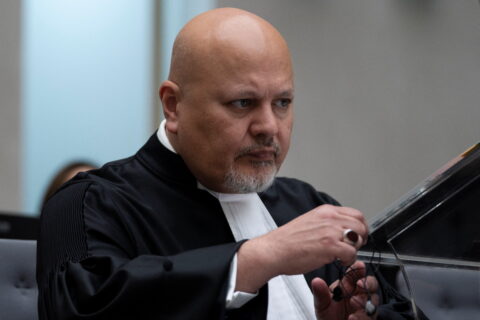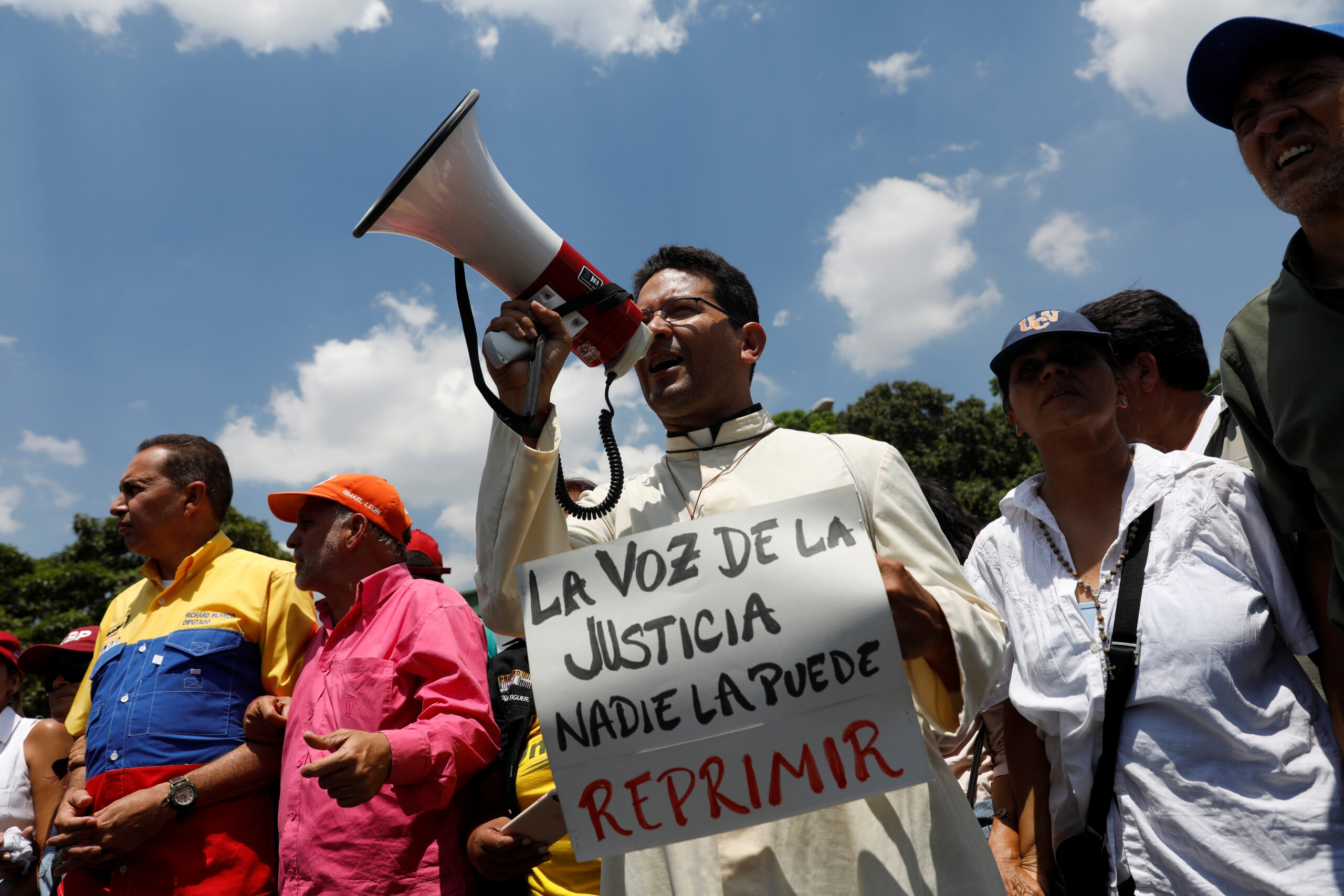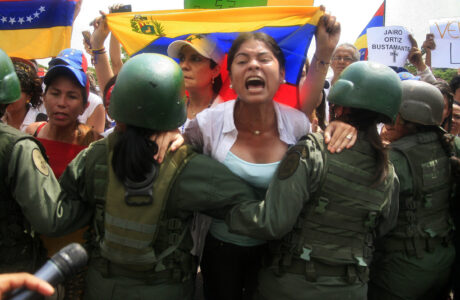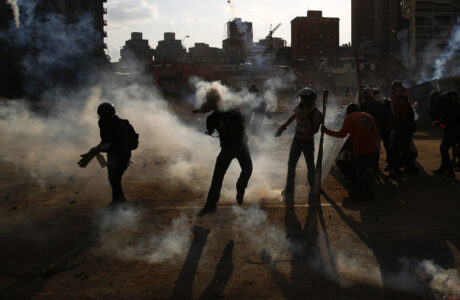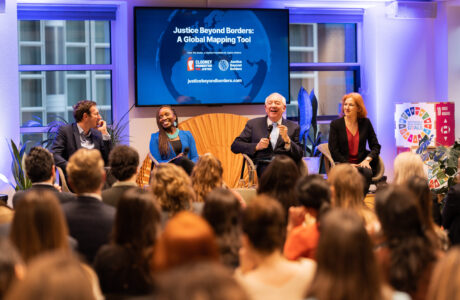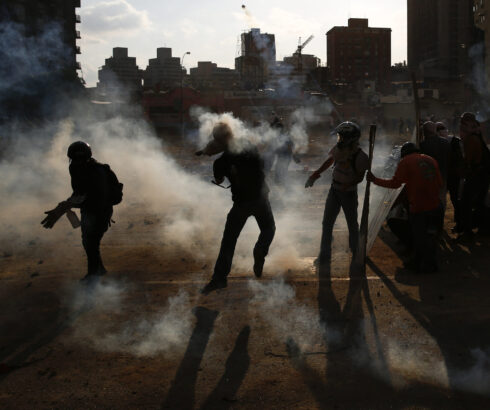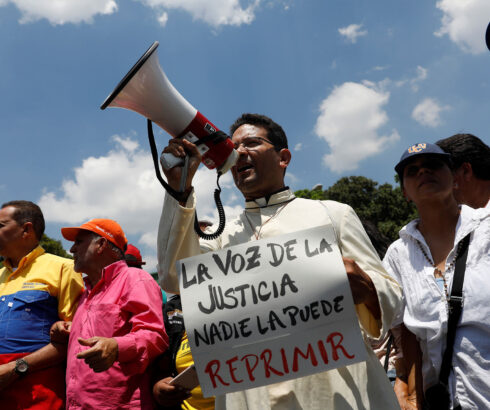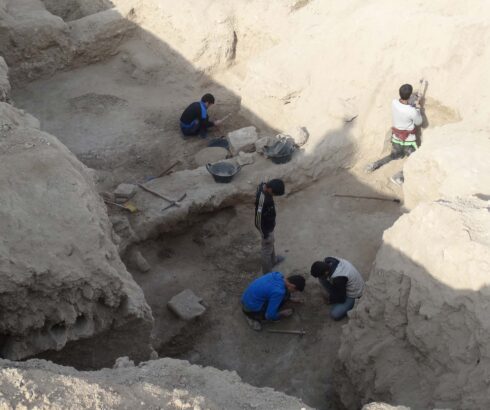An ongoing political and economic crisis in Venezuela led to an uprising of protests in February 2014. The Venezuelan authorities responded with systematic repression and extreme violence, resulting in the deaths of thousands of protesters, and other human rights violations, including torture, persecution, sexual violence, and arbitrary detention.
The Venezuelan authorities have so far failed to investigate allegations of serious human rights violations committed in the country, despite a UN Fact Finding Mission on Human Rights describing an “unremitting human rights crisis in the country.”
Our team at The Docket has taken two main approaches to our investigation in Venezuela – one to gather evidence to support an International Criminal Court Investigation and the other to file a compliant in Argentina, asking for a formal investigation into the actions of security forces in Venezuela.
437 attacks Between February and April 2014, the United Nations’ Committee Against Torture documented 437 attacks against protesters
2,417 killings Between 2014 and 2020, the United Nations’ Fact-Finding Mission referred to 2,417 cases of killings caused by security forces
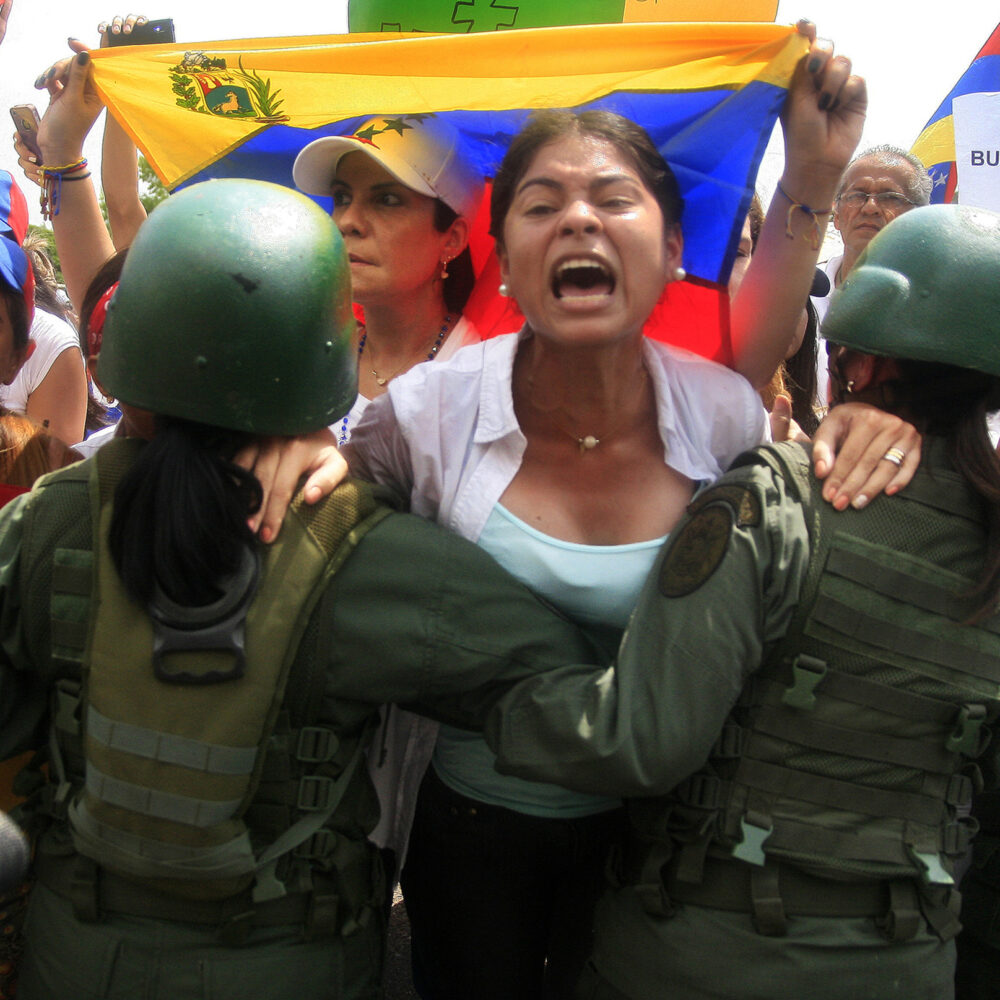
There is now a formal investigation into the grave crimes committed in Venezuela, & the speed with which Argentina responded to our complaint, is a pivotal moment for the victims and their families. It offers renewed hope for all survivors who have long been awaiting their justice.
Legal Advocacy Director at The Docket
Did you know
When the International Criminal Court (ICC) authorized an investigation into the situation in Venezuela, in November 2021, it was the first time the Court has undertaken a full investigation in Latin America. The Docket started gathering evidence of these international crimes even before the investigation was announced, and has since submitted evidence to the Office of the Prosecutor at the ICC (OPT-ICC) to support its investigation.
Submitting Evidence to the International Criminal Court
The Docket has been supporting the ICC investigation from the start with evidence it gathered through interviews with survivors’ and victims’ families both in Venezuela and beyond. Our team of lawyers and investigators, supported by law firms acting in a pro-bono capacity, conducted extensive interviews with Venezuelan victims and witnesses, both in Venezuela and other countries, including to Argentina, Colombia, and Spain
We collected other evidence including videos, photographs, and testimonies and are building case files linking Venezuelan officials to the crimes identified in the OTP’s investigation.
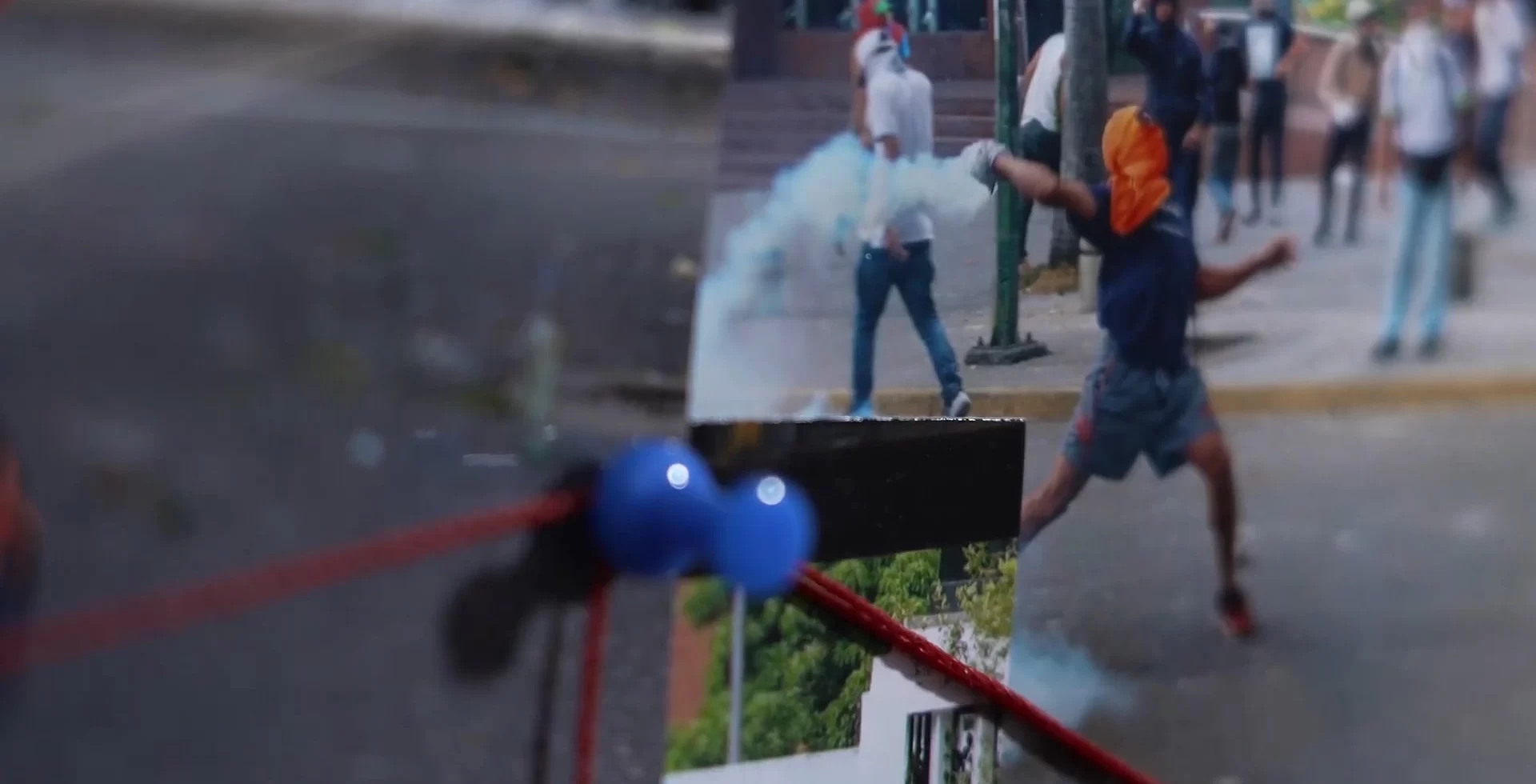
In October 2022, with the Venezuelan human rights organization Foro Penal, we submitted an evidentiary report to the OTP-ICC describing the role of 11 state officials in committing alleged crimes against humanity in Venezuela.
The officers are all members of various ranks of the Directorate General of Military Counterintelligence (DGCIM). The victims of these crimes—which include torture, arbitrary detention, and sexual abuse—are either linked to the political opposition or perceived as such by the current administration.
Complaint before the Argentine Justice System
In June 2023, we filed a complaint before the Argentine federal justice system, urging Argentina to investigate the systematic and grave human rights violations committed in Venezuela.
The complaint was filed under the principle of universal jurisdiction, which allows countries to prosecute the most serious international crimes regardless of where they took place. Just one month later, in July 2023, the Argentine federal prosecutor opened the investigation based on The Docket’s findings. The Docket’s work points to the potential criminal liability of Venezuelan security forces in committing crimes against humanity against victims linked or perceived to be linked to the government’s political opposition.
The Docket team is representing family members of victims of indiscriminate violence and killings in Venezuela.
The complaint relied on over 15,000 pages of evidence of the crimes against humanity that have been committed in Venezuela. This complaint is possible because universal jurisdiction allows countries to prosecute the most serious crimes regardless of where they have been committed and regardless of the perpetrator or victim’s nationality.
You can learn more about which countries can use their own laws to wage justice for the world’s most serious international crimes, and how you can use our Justice Beyond Borders mapping tool.
Resources
In-depth reports from the UN & the ICC on the situation in Venezuela & why the case was open, as well as open-source testimony from victims & their families gathered by Archivo Público de Voces.
